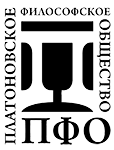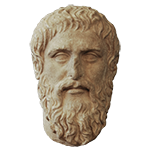

|
Универсум платоновской мысли The Universe of Platonic Thought XXXII Международная конференция · 32nd International Conference 20–21 июня 2024 Санкт-Петербург, Россия · 20–21 June 2024 St Petersburg, Russia |

|
 |
 |
 |
 |
 |
||||||||
| About Conference | Program | Abstracts | Participation Fee | |||||||||
 |
 |
 |
 |
 |
 |
 |
 |
 |
© 2025 Plato Philosophical Society (Russia)
 Русская версия
Русская версия